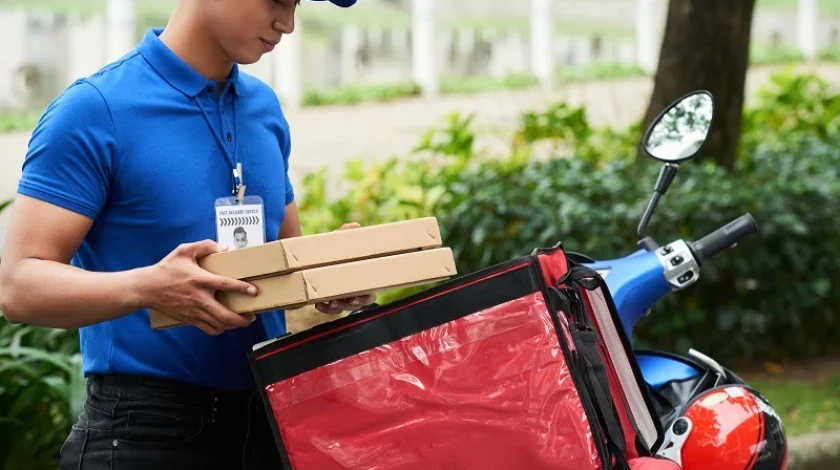The Fair Work Commission (FWC) President Justice Ross and Vice President Hatcher have dismissed an Uber Eats driver’s appeal to an earlier decision handed down by Commissioner Hampton, and confirmed that the Uber Eats driver could not pursue Uber Eats for unfair dismissal as she was not an employee.
In support of the worker (Ms Gupta), the Transport Workers’ Union (TWU) argued that Uber Eats exercised control over delivery workers via its services agreement and driver app. In contrast, Uber Eats argued that it merely provided services to Ms Gupta by giving her access to the driver app and collecting payments on her behalf. Further, Uber Eats characterised itself as no more than an “agent” and contended the “contract for the performance of each delivery” was between the restaurant and deliverer.
Although they didn’t accept many of the arguments made by Uber Eats – in the end the FWC handed down a decision in its favour!
In summary, the FWC did not consider that Ms Gupta’s relationship with Uber Eats bore a number of the usual and essential hallmarks of an employment relationship, namely a requirement to perform work at particular times in particular circumstances, exclusivity when work is performed, and presentation to the public as serving in the business.
More specifically, the FWC identified three critical factors that pointed decisively away from there being an employment relationship:
- Uber Eats exercised no control over when or how long Ms Gupta performed work – it was entirely within Ms Gupta’s control as to when she logged onto the driver app and for how long she remained logged on, and there was no obligation for her to accept any particular delivery requests;
- Ms Gupta was able, even when logged on and even when performing work pursuant to a delivery request, to accept work through other competitor food delivery apps or perform other types of passenger or delivery work provided this did not compromise her capacity to affect her Uber Eats deliveries within time expectations. This was not a case of a merely nominal right which cannot practically be exercised; in this case, there is no evidence of any practical impediment to her doing this, although she did not in fact choose to do it; and,
- Ms Gupta was not present as an emanation of the Uber Eats business in the performance of her work: she was not required to wear a uniform, her car bore no logos, and there is no evidence that she was required to even represent that she was part of the Uber Eats business beyond what was necessary to collect the particular meal from the restaurant and deliver to the customer.
- Is this the last we’ll hear of the matter? Maybe not as the TWU has publicly announced that it is considering an appeal!
If you have any questions or require further information in relation to employment contracts, unfair dismissal applications or contractors, please do not hesitate to get in touch with a member of Coleman Greig’s Employment Law team.





